In a notable diplomatic effort, U.S. President Donald Trump and Ukrainian President Volodymyr Zelenskiy convened in Washington, D.C., to discuss establishing a trilateral peace agreement that includes Russian President Vladimir Putin. European leaders participated in the discussions, highlighting a unified approach to strengthen Ukraine’s position amid the ongoing regional conflict.
Meanwhile, in the Middle East, tensions flared as Hamas firmly rejected Israel’s proposed plan to relocate Palestinians from Gaza. This opposition underscores the intricate issues surrounding the Israeli-Palestinian conflict and the significant hurdles that remain in pursuing a lasting peace agreement.
In South America, Bolivia experienced a dramatic political shift as the ruling leftist party faced a substantial electoral defeat. This unexpected outcome has sparked debates about the future political landscape in Bolivia and its potential ramifications for broader regional dynamics.
In the fashion sector, Swiss watchmaker Swatch encountered backlash over advertisements deemed racist. The company responded by apologizing and withdrawing the controversial ads, acknowledging the necessity for enhanced cultural sensitivity in its marketing efforts.
These events highlight the interconnectedness of global affairs, where political decisions, regional disputes, and corporate actions significantly influence international relations and public perception. The unfolding situations across these regions reflect ongoing struggles for peace, political change, and social awareness, demonstrating the complexity of contemporary issues facing the world today.

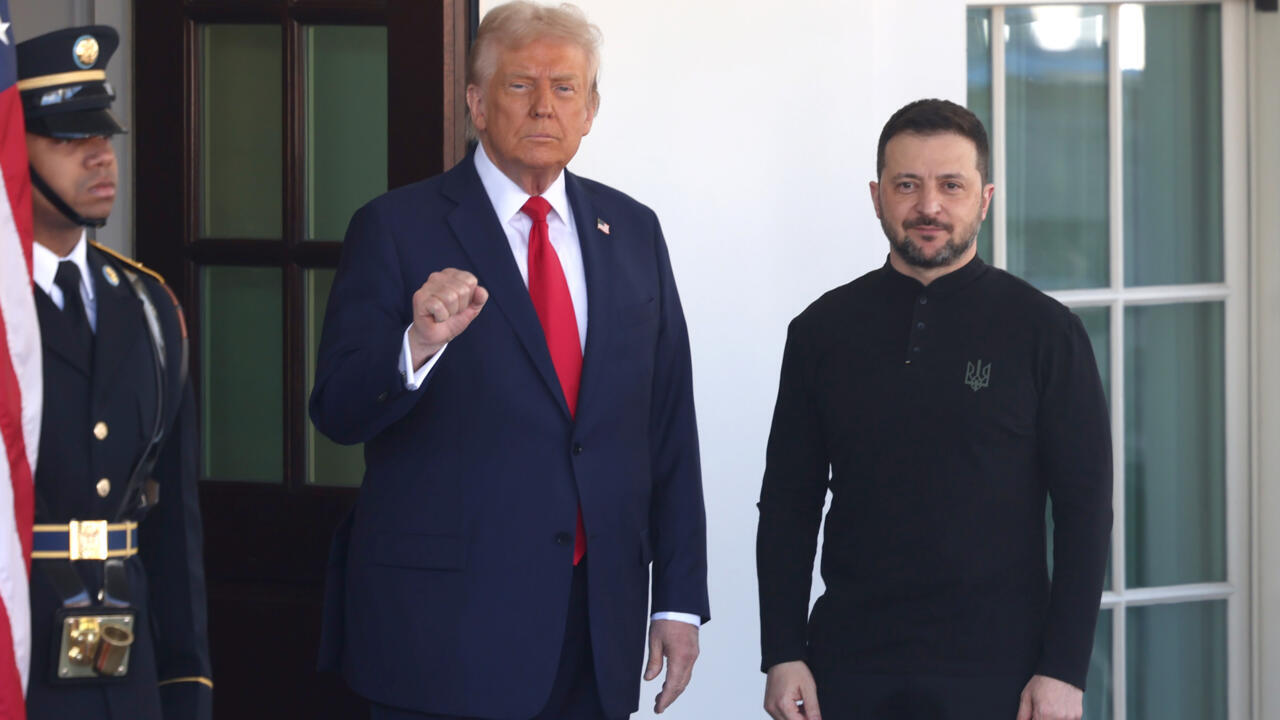


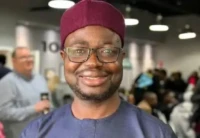



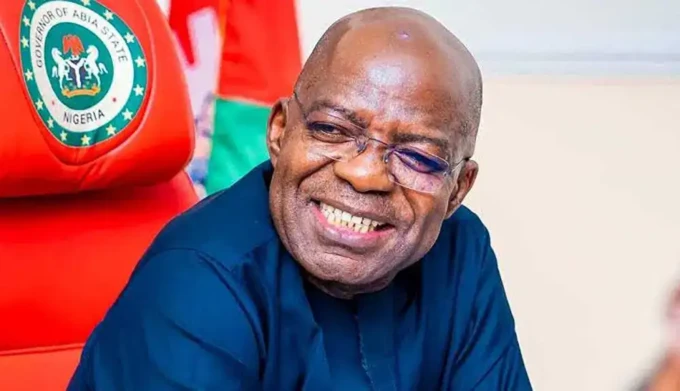
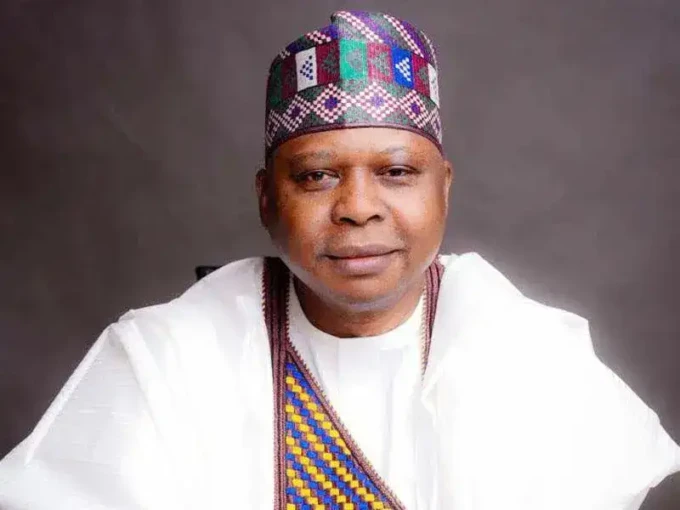

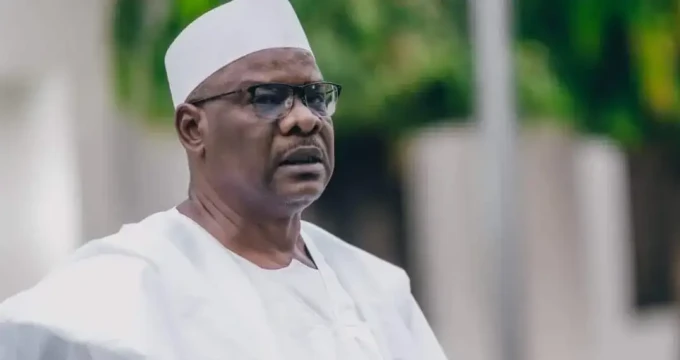
Leave a comment